
The material in this book was first published in three volumes by G. Bell and Sons:
My Best Games of Chess 1908-1923 (1927)
My Best Games of Chess 1924-1937 (1939)
Alekhines Best Games of Chess 1938-45 (1949)
First Batsford Edition 1989
This selection of algebraicised games B. T. Batsford 1996
Additional material John Nunn 1996
First eBook publication 2012
eBook ISBN: 978-1-84994-051-1
Reprinted 1997, 2002
All rights reserved. No part of this book may be reproduced, by any means, without prior permission of the publisher.
A BATSFORD CHESS BOOK
Foreword by Garry Kasparov
Ask any chess fan to give a short list of his favourite games and it is sure to include games by Alekhine. Perhaps Rti-Alekhine, form Baden-Baden 1925, or Bogoljubow-Alekhine, Hastings 1922. These two games are generally reckoned to be amongst the most brilliant on record. But Alekhines reputation was not built solely on the wonderful quality of his games, nor, simply, on his longevity as World Champion (he held the title from 1927-1935 and again from 1937-46, when he died as World Champion, sadly destitute, in Portugal). It was also Alekhines outstanding diligence as an annotator of his own masterpieces which has helped to establish his place in the history of chess. No serious student of chess can afford to ignore Alekhines notes to his games, and the most important of these are assembled here in this volume.
Alekhines games and writings exerted a great influence on me form a very early age. I wished to emulate the dynamic style of the first, great, Russian-born champion, who wrested the crown from Capablanca in 1927. I fell in love with the rich complexity of his ideas at the chessboard. Alekhines attacks came suddenly, like destructive thunderstorms that erupted from a clear sky. Max Euwe, who briefly took the world title from Alekhine between 1935 and 1937 wrote of him:
Alekhine is a poet, who creates a work of art out of something which would hardly inspire another man to send a picture postcard. The wilder and more involved a position the more beautiful the conception he can evolve.
A similar view was expressed by Dr. Emanuel Lasker:
Alekhine loves making experiments delighted to think that his own skill and his own imagination are the cause of all that happens on the board.
This style of Alekhines was what I admired and wanted to develop in my own games. I had a natural feeling for it. I hope readers of this book will feel similarly inspired by Alekhines masterpieces.
Garry Kasparov
Baku 1989
Preface by Alexander Alekhine Junior
Some 75 years ago, this book was published for the first time in Germany. Since then it has been translated into many languages. I am very pleased that it is published in English. In this book, my father has described the beginnings of his work in chess with the help of instructive matches.
Initially, when he was only eight years old, it was his four-year-old brother Alexei, whom he absolutely wanted to beat. What is surprising nowadays is the fact that they wanted to copy the great players, and thus noted their games down. I guess that the loser did not always ask for a return match, and Alexander often preferred to retreat to his room and analyse the lost game. At this youthful age he was not allowed to become a member of the Moscow Chess Circle, so in the meantime he indulged in correspondence chess. This kind of game, allowing more time for reflection, very much suited his analytic skills. At the early age of fourteen he gained the first prize in a Moscow correspondence chess tournament. The outcome of this early analytic activity is reflected in his books, which are among the classics of the art of chess.
Introduction by John Nunn
I first came across Alekhines collection of games when I was about 11 years old. Up to that point, I had been quite successful in junior events and I had the feeling that chess wasnt really a very difficult game. After playing over all 220 games in the first two volumes (covering the periods 1908-23 and 1924-37), I thought How can anyone play like this? Its just impossible to see so much during a game. I was particularly struck by his game against Rubinstein from Semmering, 1926 (game 42 in this book), and the move 18 xf2! in particular. It seemed incredible that there might be a stronger move than the obvious recapture on c3, but after having checked the analysis several times, I had to admit that taking on f2 was a forced win. But how did this move even enter Alekhines head? Today, finding this combination doesnt seem so totally impossible as it did then, but it remains an enormously impressive game. In my opinion Alekhines special genius lay in his ability to discover unexpected twists in positions where a lesser player would have made an automatic, conventional move. Other examples of such twists, in addition to the 18
xf2! in particular. It seemed incredible that there might be a stronger move than the obvious recapture on c3, but after having checked the analysis several times, I had to admit that taking on f2 was a forced win. But how did this move even enter Alekhines head? Today, finding this combination doesnt seem so totally impossible as it did then, but it remains an enormously impressive game. In my opinion Alekhines special genius lay in his ability to discover unexpected twists in positions where a lesser player would have made an automatic, conventional move. Other examples of such twists, in addition to the 18 xf2 mentioned above, are the move 19
xf2 mentioned above, are the move 19  c7! in game 31 and the idea of 18 dxe5 and 19
c7! in game 31 and the idea of 18 dxe5 and 19  f4! in game 47.
f4! in game 47.
In view of my early acquaintance with Alekhines books, I was excited when the idea arose of producing an algebraic edition of the cream of Alekhines games. This gradually became a major project. Apart from the conversion to algebraic, I have corrected a surprisingly large number of notational errors in the original books, rearranged the games in chronological order, edited the text and checked the analysis. I have not commented on minor flaws in the analysis, but major errors and omissions are pointed out in footnotes (except for game 118, where the new analysis was so extensive that it had to be embedded in the text). These terse footnotes should be studied carefully, as in many cases they indicate fundamental reassessments of famous games, for example Rti-Alekhine, Baden-Baden 1925 and Alekhine-Bogoljubow, Nottingham 1936. Some readers may find it surprising that so many major analytical errors exist in Alekhines notesafter having worked on this book, my respect for Alekhines games has increased, but I have come to recognise that his annotations are influenced by the I won the game, so I must have been winning all the way through syndrome (which, it must be said, afflicts many annotators).
A few additional points: games 1-109 were originally annotated by Alekhine himselfthe remaining games were annotated by C.H.OD. Alexander. All footnotes are mine, except where they are marked (GB), in which case they were written by Graham Burgess. Alekhine uses the symbols  and
and  to mean clear advantage for White and clear advantage for Black respectively.
to mean clear advantage for White and clear advantage for Black respectively.
The games in this book represent the digtillation of the life work of one of the greatest chess geniuses of all time. As I discovered myself, it is possible to learn a great deal from them.
Game 1
Vygodchikov Alekhine
Corr., Russia 1908-9
Ruy Lopez

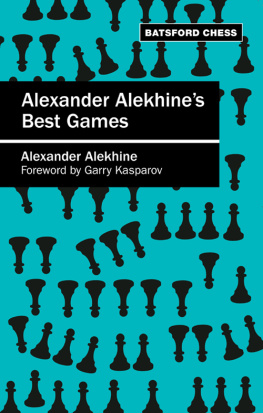
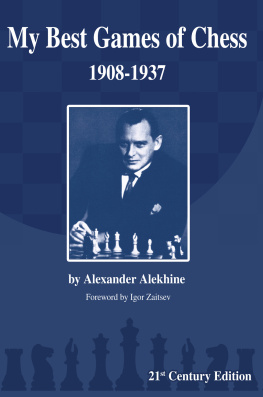



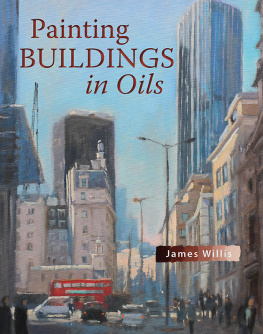

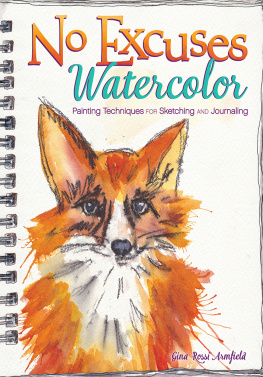
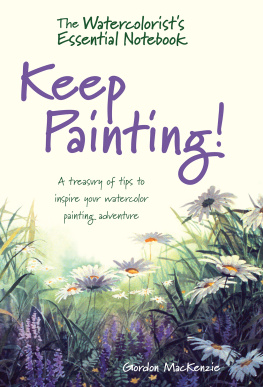

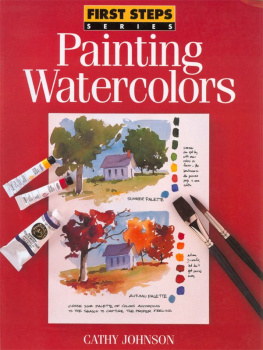




 xf2! in particular. It seemed incredible that there might be a stronger move than the obvious recapture on c3, but after having checked the analysis several times, I had to admit that taking on f2 was a forced win. But how did this move even enter Alekhines head? Today, finding this combination doesnt seem so totally impossible as it did then, but it remains an enormously impressive game. In my opinion Alekhines special genius lay in his ability to discover unexpected twists in positions where a lesser player would have made an automatic, conventional move. Other examples of such twists, in addition to the 18
xf2! in particular. It seemed incredible that there might be a stronger move than the obvious recapture on c3, but after having checked the analysis several times, I had to admit that taking on f2 was a forced win. But how did this move even enter Alekhines head? Today, finding this combination doesnt seem so totally impossible as it did then, but it remains an enormously impressive game. In my opinion Alekhines special genius lay in his ability to discover unexpected twists in positions where a lesser player would have made an automatic, conventional move. Other examples of such twists, in addition to the 18 c7! in game 31 and the idea of 18 dxe5 and 19
c7! in game 31 and the idea of 18 dxe5 and 19  and
and  to mean clear advantage for White and clear advantage for Black respectively.
to mean clear advantage for White and clear advantage for Black respectively.